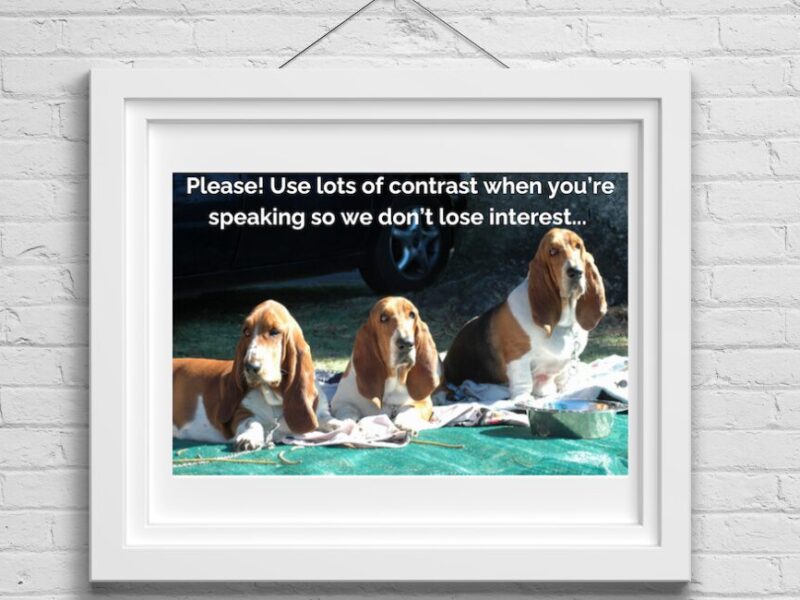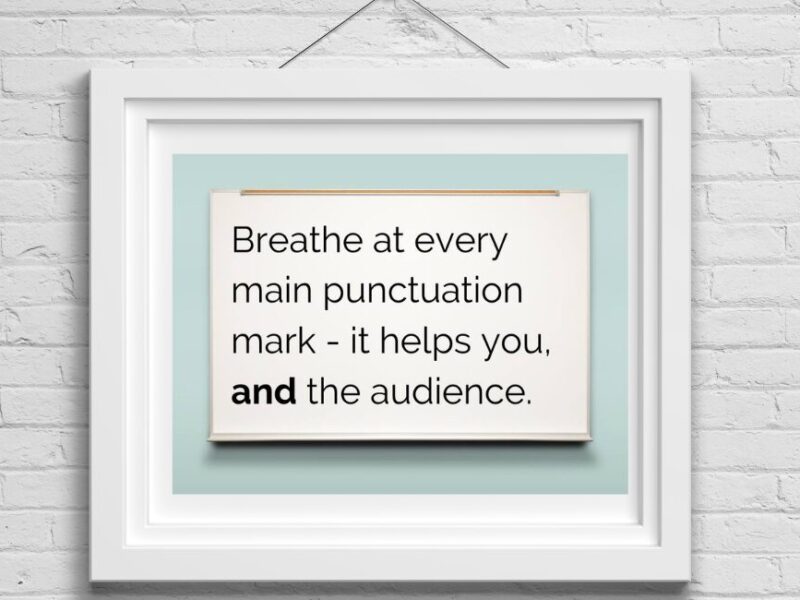Have you ever had the experience of a family member or friend who announces to you that they had this incredible dream last night?
And it’s not always that incredible for you when they tell you all about it 🙂
I’ve certainly experienced this as a listener – it’s probably happened to most of us…and I’ve been the culprit myself in reverse!
Where it goes wrong
We get immersed in the details…second-guess ourselves aloud…and just as most dreams are random, speaking them aloud is usually pretty random too.
People relating their dreams out loud can be similar to people telling a story in a presentation or talk.
As part of my work, I often coach clients around creating a short personal anecdote or story that grows organically and naturally out of their presentation. I’m sure you’d agree that our own experiences can be powerful examples for our audiences, and highlight important points around our topic.
However, within that, we can do things by mistake that don’t support our audience’s understanding, or their desire to engage with us. Particularly when we’re relaying events from our own personal life experience.
Danger point
Essentially what we need to remember is this:
It’s rare that your story is quite as riveting to others as it is to you!
Adding too much detail or going off at random tangents can also be an issue when we’re speaking about someone else’s story, or going through a case-study.
But for today, let’s put the spotlight on ourselves. Something to bear in mind the next time we launch into our own personal story…or dream retelling!
Wishing you great speaking experiences!




